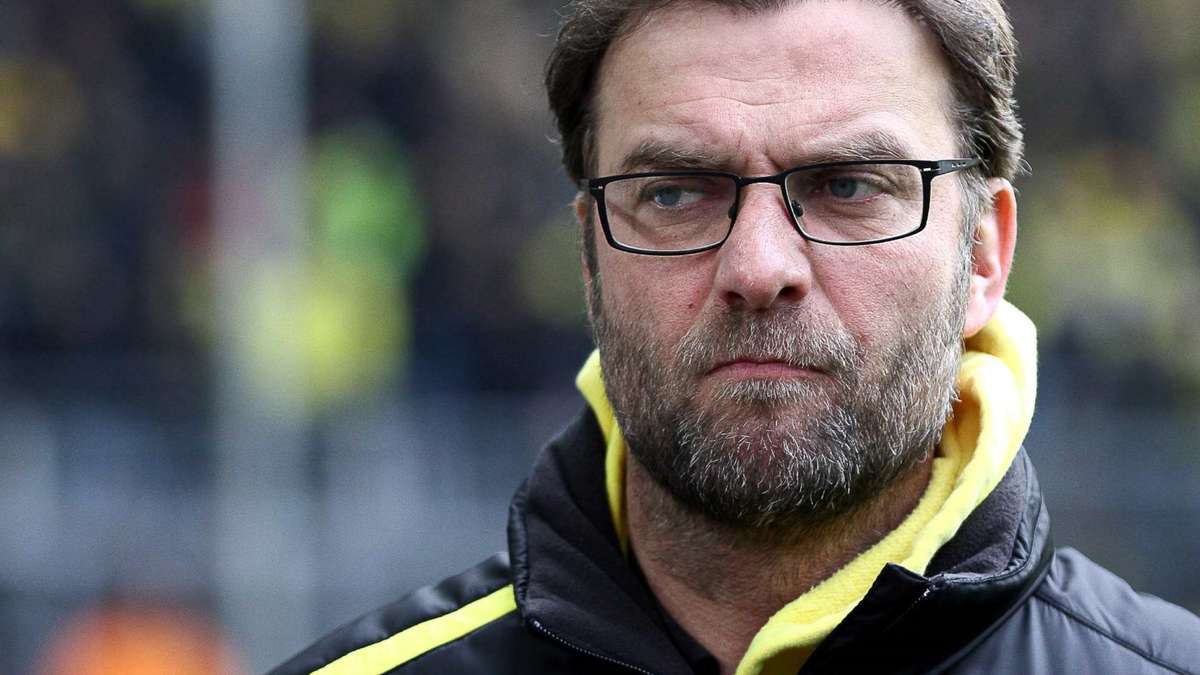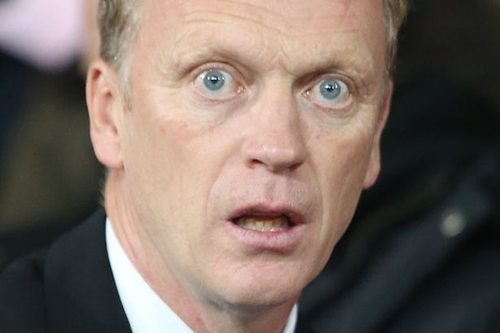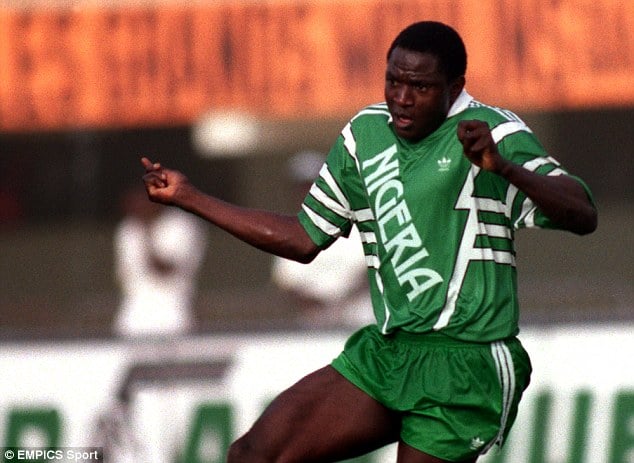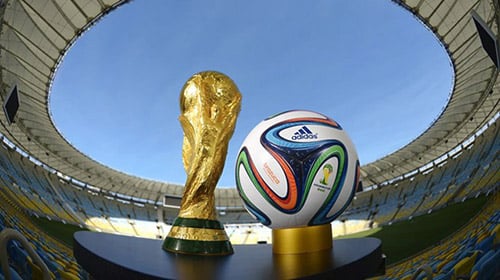The National Sports Commission (NSC) and federal ministry of arts, culture, tourism and the creative economy (FMACTCE) have signed a memorandum of understanding (MoU) to develop a National Arts, Cultural, Creative, Tourism and Sports Innovation Hub.
The planned hub will be located within the Moshood Abiola National Stadium precinct, Abuja.
Agreement for the collaborative effort was sealed by both parties on Thursday, according to a statement shared on Friday by Nneka Anibeze, FMACTCE special assistant on media and publicity.
The project will be a public-private partnership (PPP), with both agencies providing institutional support for government approvals and alignment.
Advertisement
The planned sports cultural city will include an arts and culture museum, entertainment arena and performance centre, mounted games arena, and sports heritage pavilion.
Other expected facilities include a youth-centred creative and entrepreneurship centre, eco-friendly hospitality buildings, a family recreational park, with cultural lounges and marketplaces.
Signing the MoU, Hannatu Musa Musawa, the minister of art, culture, tourism and creative economy, appreciated Shehu Dikko, NSC chairman, for proposing the planned megacity.
Advertisement
She said the collaboration between both sectors would create a better future for Nigeria.
The minister thanked President Bola Tinubu while disclosing that the various facilities in the planned project will create jobs and boost the economy.
“Since Mallam Shehu Dikko came on board, we’ve had back-to-back wins in sports. Thank you for coming to this office to discuss how we can open a partnership,” she said.
”For young Nigerians, one of the things the President has always focused on is building a better future for Nigeria, and the best way to do that is to diversify in the areas of sports and the creative industry.
Advertisement
”Partnering with the sports industry through this MOU will bring new focus and ideas. This partnership has the power to empower the young generation, teach them about our culture, and provide capacity building.
If this can be replicated in every state, it will speak to a new dawn, especially in Abuja, and will have a positive impact on the economy, job creation, and insecurity.”
Dikko, in his own remarks, said the project aims to turn the MKO Abiola stadium into a sports city and showcase the country’s sports, history, and culture.
He added that the commission is committed to the success of the project towards achieving year-round sporting activities.
“We need to invest and revamp our sports facilities to have around 4,000 activities around the clock,” Dikko said.
Advertisement
“This project will showcase our history, sports, and culture, and we are committed to its success. We will turn the stadium into a sports city, leveraging existing structures to build value for creatives.
“I assure you of my team’s diligence to provide all the support needed to succeed in this project.”
Advertisement





